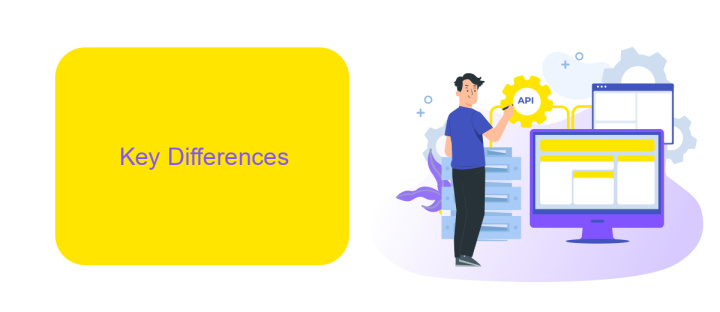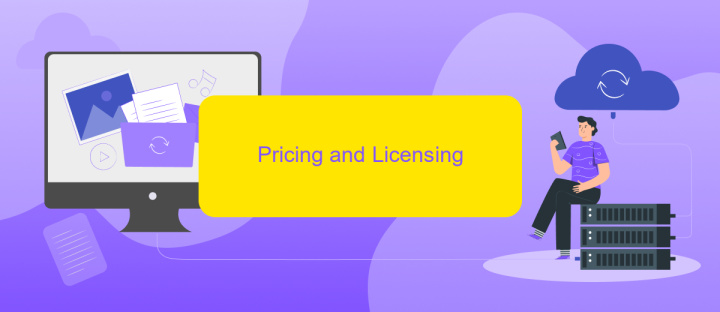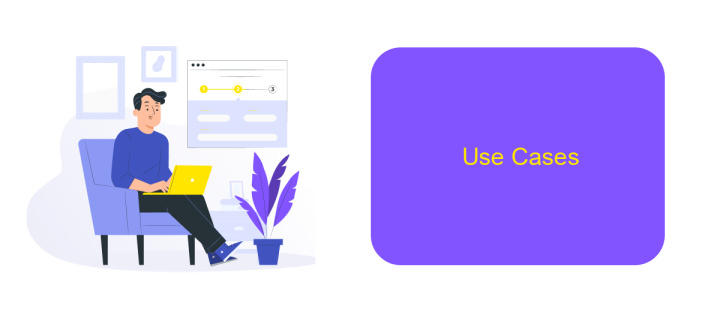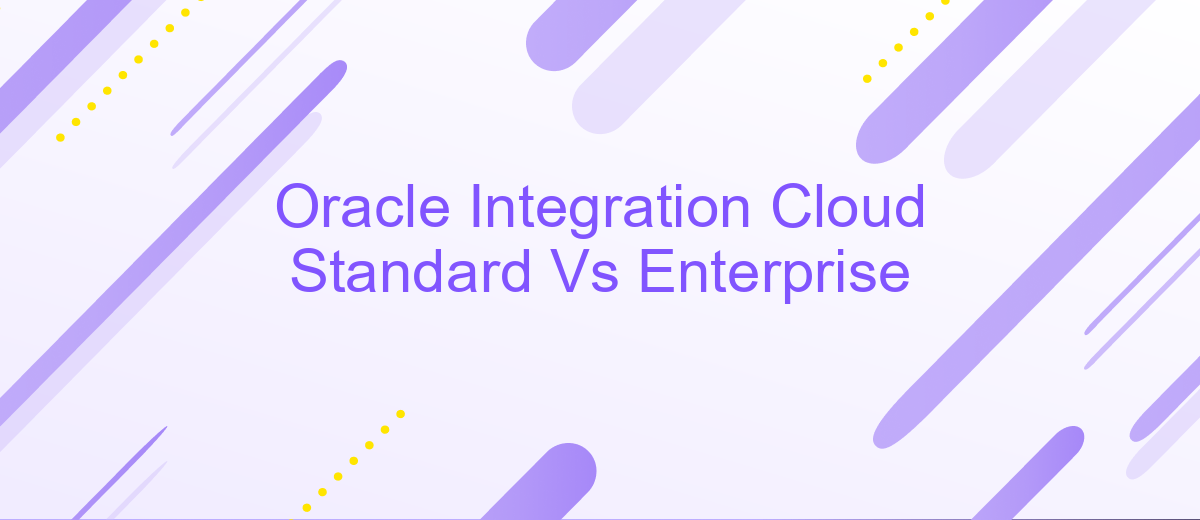Oracle Integration Cloud Standard Vs Enterprise
When choosing between Oracle Integration Cloud Standard and Enterprise, businesses must weigh their specific integration needs and budget constraints. This article explores the key differences and benefits of each version, helping you make an informed decision. Whether you require basic integration capabilities or advanced features, understanding these options will ensure your organization leverages the best tools for seamless connectivity and growth.
Oracle Integration Cloud Standard Vs Enterprise
Oracle Integration Cloud offers two distinct service tiers: Standard and Enterprise. Both tiers provide robust tools for integrating applications and automating workflows, but they cater to different organizational needs and scales.
- Standard: Ideal for small to medium-sized businesses, this tier offers essential integration capabilities. It supports basic application connections, standard adapters, and limited scaling options.
- Enterprise: Designed for larger organizations with complex requirements, this tier includes advanced features such as high availability, disaster recovery, and extensive scalability. It also supports a wider range of adapters and more sophisticated integration patterns.
Choosing between Standard and Enterprise depends on your business's specific integration needs and growth plans. For instance, if your organization requires advanced automation and seamless integration across various platforms, the Enterprise tier is more suitable. Additionally, services like ApiX-Drive can complement Oracle Integration Cloud by offering easy-to-use tools for setting up and managing integrations, making it easier to connect disparate systems regardless of the chosen tier.
Key Differences

Oracle Integration Cloud Standard and Enterprise editions differ primarily in their feature sets and scalability. The Standard edition is designed for smaller organizations or projects with basic integration needs. It offers essential integration capabilities, such as pre-built adapters and basic process automation. In contrast, the Enterprise edition is tailored for larger enterprises with more complex requirements, providing advanced features like comprehensive analytics, extensive security options, and higher throughput for data processing.
Another key difference lies in the customization and extensibility options. The Enterprise edition supports more sophisticated customizations and has a broader range of connectors and APIs, making it suitable for intricate workflows. For example, services like ApiX-Drive can be integrated more seamlessly with the Enterprise edition, allowing for more efficient and automated data flows between various systems. Additionally, the Enterprise edition often includes advanced support and service-level agreements (SLAs) that are critical for mission-critical applications.
Pricing and Licensing

Oracle Integration Cloud offers two pricing tiers: Standard and Enterprise. The Standard edition is designed for businesses with basic integration needs, providing essential features at a lower cost. In contrast, the Enterprise edition is tailored for organizations requiring advanced integration capabilities, offering a more comprehensive set of tools and higher performance.
- Standard Edition: This tier is suitable for small to medium-sized businesses. It includes basic integration tools, a limited number of connectors, and essential monitoring and management features.
- Enterprise Edition: This tier is ideal for large enterprises. It provides advanced integration features, an extensive range of connectors, enhanced security, and superior performance.
Both editions are available on a subscription basis, with pricing dependent on the number of connections and the volume of data processed. For businesses looking to streamline their integration processes further, using a service like ApiX-Drive can offer additional automation and ease of configuration, making it a valuable complement to Oracle Integration Cloud.
Use Cases

Oracle Integration Cloud (OIC) is a versatile platform designed to simplify and streamline integration processes for businesses. The Standard edition is ideal for small to medium-sized enterprises that require basic integration capabilities, while the Enterprise edition offers advanced features suitable for large organizations with complex integration needs.
Both editions of OIC support a wide range of use cases, enabling businesses to connect various applications and automate workflows efficiently. The choice between Standard and Enterprise depends largely on the scale and complexity of the integrations required.
- Connecting cloud and on-premises applications
- Automating business processes across different systems
- Enabling real-time data synchronization
- Integrating with third-party services like ApiX-Drive for enhanced automation
For businesses looking to leverage advanced integration capabilities, the Enterprise edition provides additional tools such as advanced security features, extensive monitoring, and comprehensive analytics. On the other hand, the Standard edition offers a cost-effective solution for less complex integration scenarios, making it a suitable choice for smaller organizations.
Conclusion
In conclusion, both Oracle Integration Cloud Standard and Enterprise editions offer robust solutions for integrating various applications and services within an organization. The Standard edition provides essential integration capabilities suitable for small to medium-sized businesses, while the Enterprise edition offers advanced features and scalability designed to meet the needs of larger organizations with more complex integration requirements.
Choosing between the two largely depends on the specific needs and scale of your business operations. For those seeking a simpler, cost-effective solution, the Standard edition may suffice. However, if your organization requires enhanced performance, advanced security, and comprehensive analytics, the Enterprise edition is the better choice. Additionally, leveraging third-party services like ApiX-Drive can further streamline the integration process, ensuring seamless connectivity and efficient data flow across various platforms.
- Automate the work of an online store or landing
- Empower through integration
- Don't spend money on programmers and integrators
- Save time by automating routine tasks
FAQ
What is the main difference between Oracle Integration Cloud Standard and Enterprise?
Can I upgrade from Oracle Integration Cloud Standard to Enterprise?
Are there any limitations in the Standard edition that I should be aware of?
Is it possible to automate workflows and integrations without using Oracle Integration Cloud?
What types of businesses should consider using Oracle Integration Cloud Enterprise?
Time is the most valuable resource in today's business realities. By eliminating the routine from work processes, you will get more opportunities to implement the most daring plans and ideas. Choose – you can continue to waste time, money and nerves on inefficient solutions, or you can use ApiX-Drive, automating work processes and achieving results with minimal investment of money, effort and human resources.


